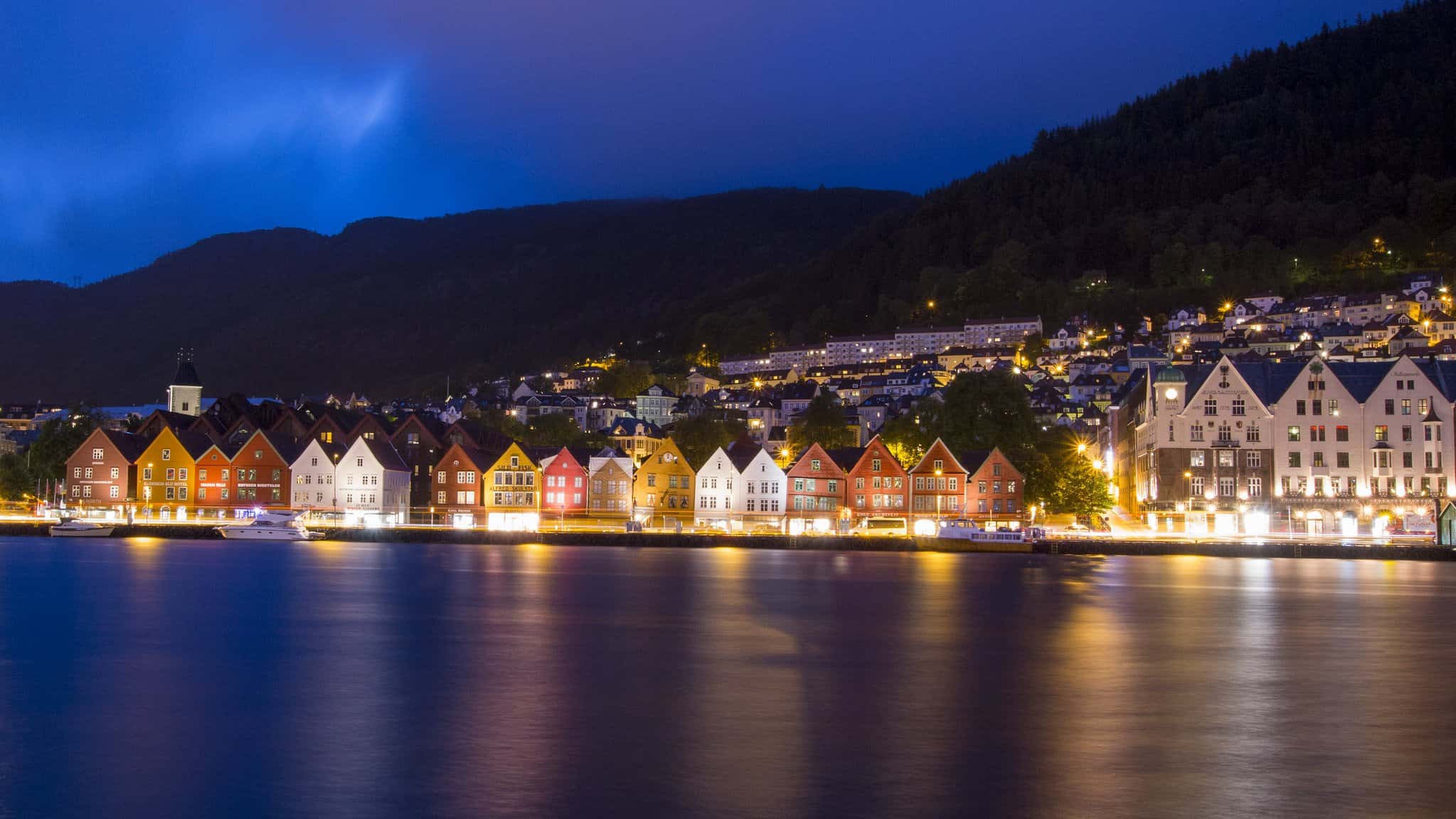Ah yeah I think I remember you saying. It's amazing how bad insulation is going back in years. At my sisters new build over Christmas and house was so even in temperature and boiler wasn't on. Must save a fortune.
My loft seems well insulated with rockwool, looks pretty deep to me. I'm sure my walls are insulated (I've seen rockwool poke through when I've drilled through an external wall to feed cables through before) and the double glazing is about 5 years old. My useage was keeping it at 21c pretty much 6.30am - 10.30pm then 18c overnight (which meant heating basically didn't come on between 10.30pm until about 5.30am)




 That's as much as the mortgage!
That's as much as the mortgage!

